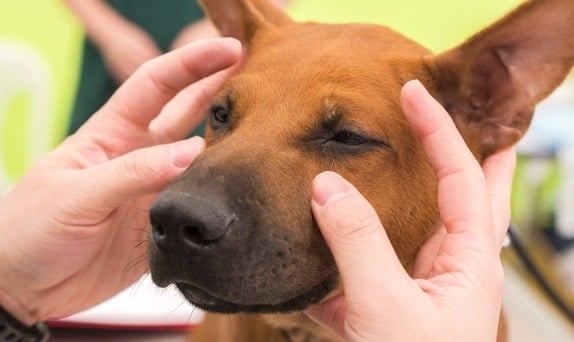15 Home Remedies That Can Help Improve Your Dog’s Breath

Dog kisses are adorable—until bad breath turns them into a smelly surprise. Many pet owners assume it’s just part of having a dog, but there are simple, natural ways to fix it. The best part? You don’t need fancy products or expensive treatments. These 15 home remedies can help freshen your dog’s breath using ingredients you may already have at home.
Coconut Oil

Coconut oil isn’t just for your morning smoothie. This miracle ingredient has antibacterial properties that help fight plaque and odor. Just a teaspoon mixed into your dog’s food can make a big difference. It makes their coat extra shiny, too.
Parsley
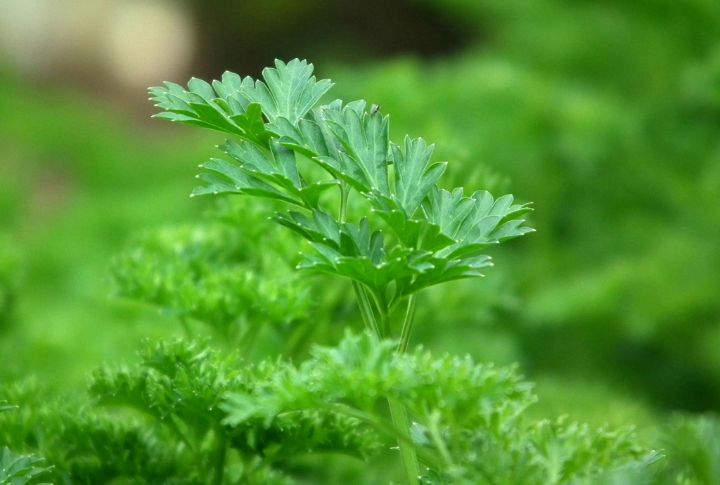
Chlorophyll is the real MVP here. It is found in parsley and acts as a natural deodorizer, neutralizing bad breath at the source. Sprinkle some fresh, chopped parsley over your dog’s food for an easy, effective fix. Science says it works, and so does your nose.
Carrot

Dogs love crunching on carrots; lucky for them, it doubles as a breath-freshening hack. Natural abrasiveness helps remove plaque, while fiber promotes digestion because the truth is that what’s happening in the stomach affects what comes out of the mouth.
Apple Cider Vinegar
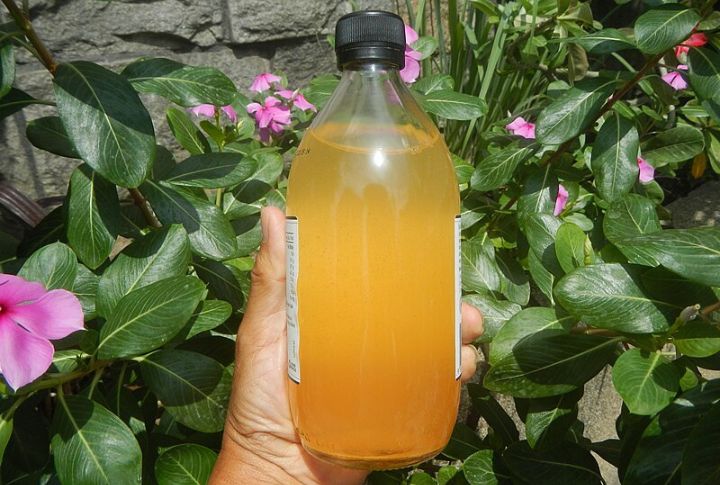
Apple Cider Vinegar (ACV) can help fight bacteria that cause bad breath in dogs, but moderation is key. While ACV has antibacterial properties, overuse may harm tooth enamel and upset your dog’s stomach. Just half a teaspoon per cup of water is enough—too much, and your pup might protest!
Regular Toothbrushing
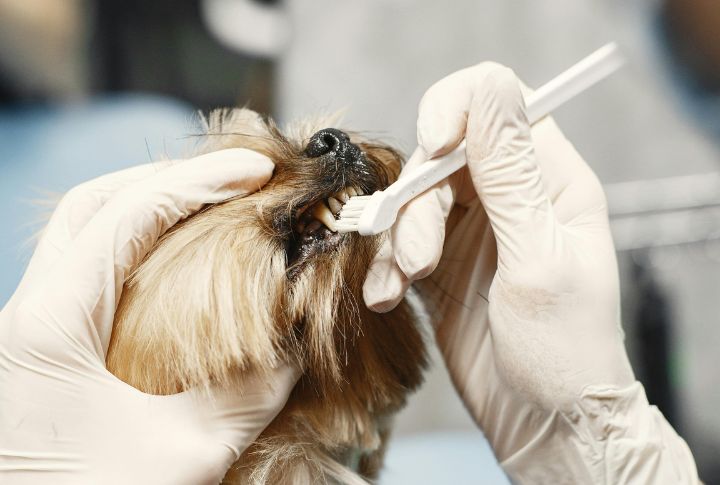
You finally get your dog to sit still long enough to brush their teeth. The first few tries? Complete chaos. But with a little patience—and maybe a treat or two—they start to get the hang of it. Congrats! You’ve just unlocked the secret to fresher breath and healthier gums!
DIY Frozen Popsicle
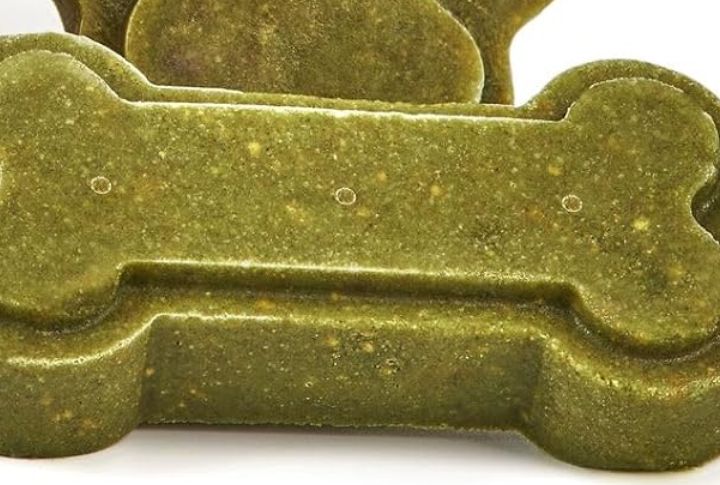
Imagine if brushing your teeth involved eating a popsicle. That’s what this is for your dog. Freeze a mix of yogurt, parsley, and mint into bite-sized treats. It’s refreshing, healthy, and, most importantly, it keeps your dog’s breath from smelling like a dumpster truck crossed by.
Raw Bones

Wolves in the wild gnawing on bones, keeping their teeth strong and clean without ever seeing a vet. Your dog has the same instincts. Raw bones mimic what nature intended, naturally scrubbing away plaque and tartar. Just be sure to skip cooked bones, which can splinter and turn this primal habit into a dangerous one.
Cinnamon
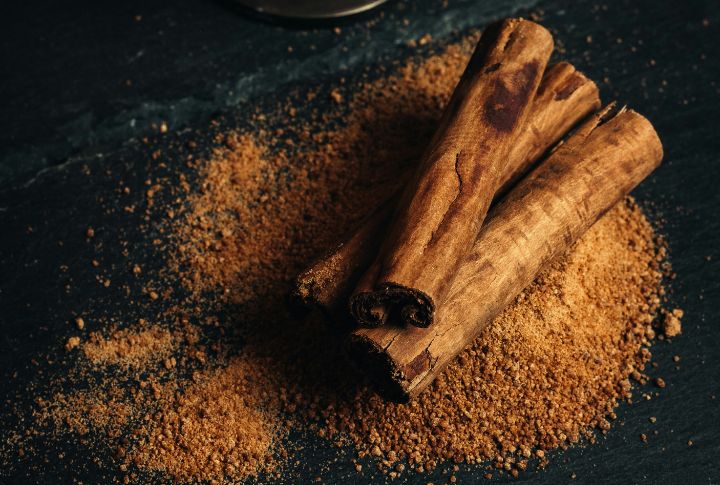
Cinnamon contains cinnamaldehyde, a natural compound with antibacterial and antifungal properties. These qualities effectively reduce bad breath and even promote overall gum health in dogs. However, only Ceylon cinnamon should be used. Since cassia cinnamon has a higher concentration of coumarin, excessive intake may pose health risks.
Fresh Herbs
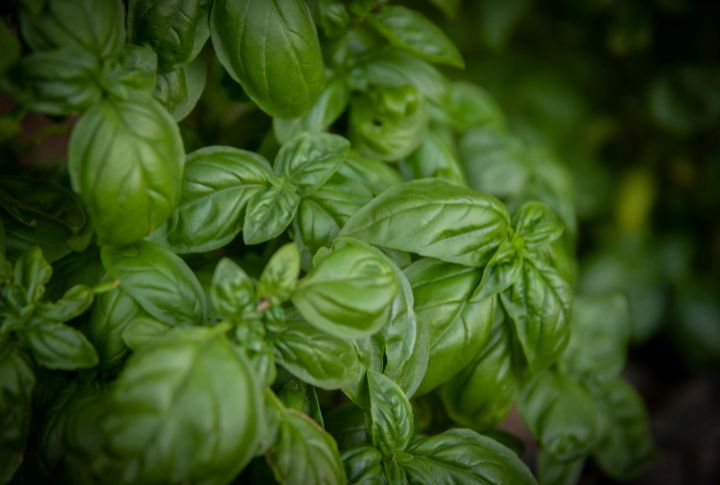
Your dog already loves chewing on things they shouldn’t, so why not make it productive? Herbs such as basil and rosemary are rich in polyphenols and essential oils that aid in reducing plaque buildup and promoting oral health. Plus, fresh herbs support digestion, helping to keep bad breath at bay from the inside out.
Fennel Seeds
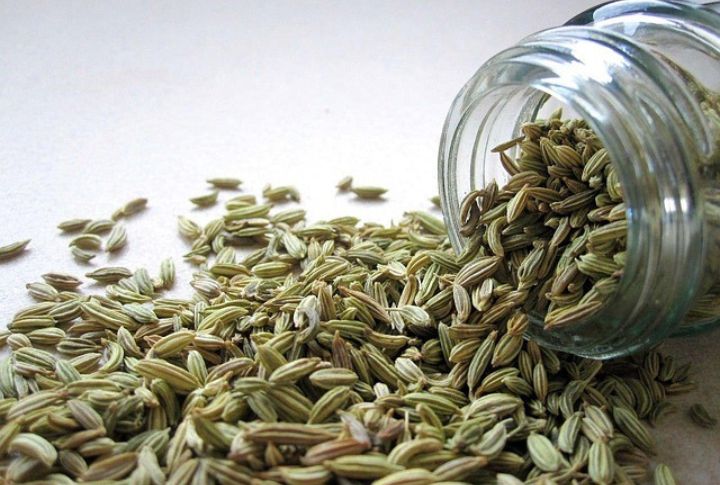
Fennel seeds naturally freshen breath with antimicrobial properties while aiding digestion to reduce internal odors. Sprinkle a small amount on your dog’s food for an easy fix. Though generally safe, excessive amounts may cause digestive issues. So, introduce gradually and consult your vet, as some dogs may have sensitivities.
Mint Leaves
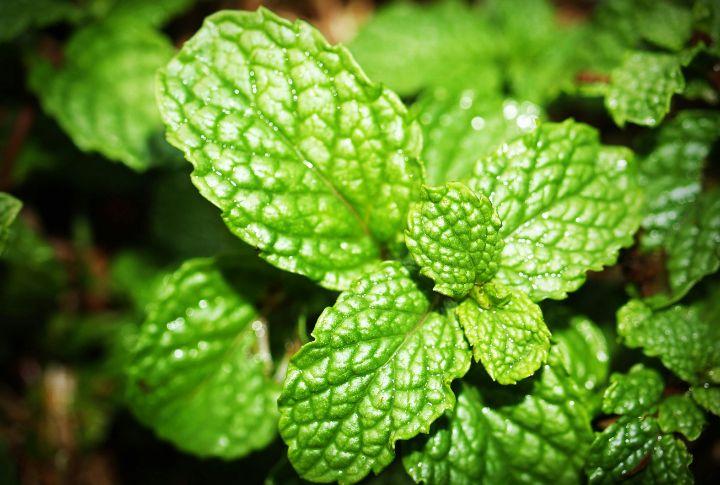
Wouldn’t it be great if dogs had their own version of breath mints? It turns out they do—mint leaves. Adding a few to their food can make a noticeable difference, naturally freshening their breath without artificial ingredients. Because, let’s face it, no one wants to dodge dog kisses forever.
Dill

Dill might not get as much hype as mint, but it’s just as effective at freshening dog breath. Ancient healers used it for digestion and oral health, and now, your dog can reap the same benefits. A little sprinkle over their food and bad breath doesn’t stand a chance.
Green Tea

If green tea can freshen your breath after a garlicky meal, why wouldn’t it work for your dog? Catechins, potent antioxidants found in green tea, are known to fight bacteria responsible for bad breath. However, it also contains caffeine, which is toxic to them. So, only use decaffeinated green tea in small amounts.
Water
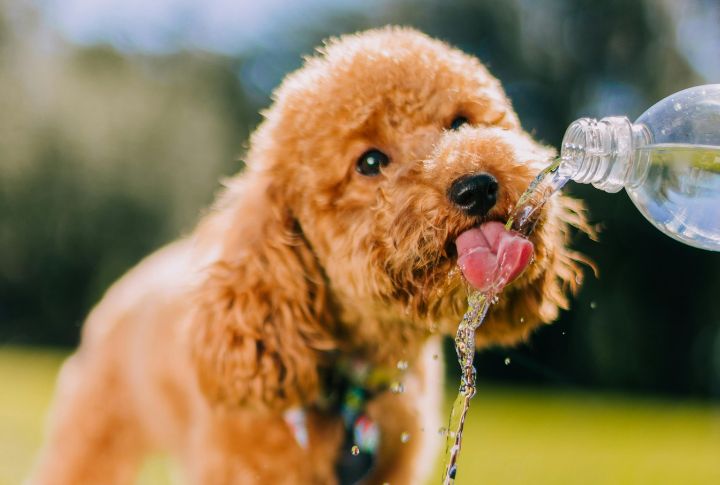
Saliva is essential for digesting food, flushing away debris, and keeping harmful microbes in check. When dogs are dehydrated, their mouths become a breeding ground for odor-causing bacteria. Ensuring fresh water intake prevents dry mouth and reduces the risk of halitosis.
Probiotics
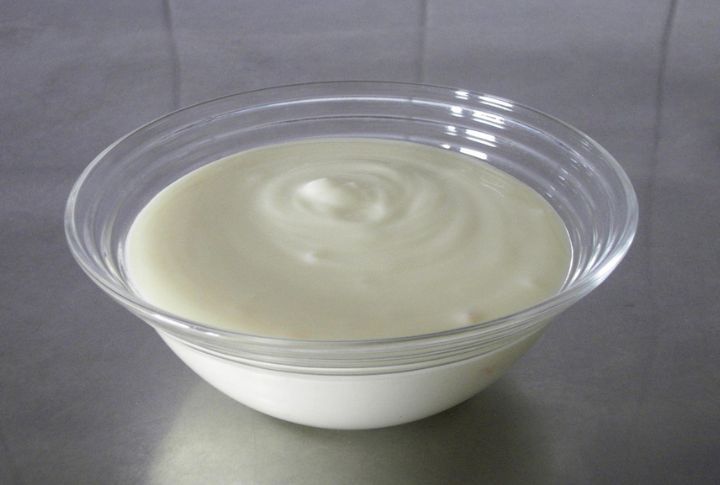
You brush, you give them dental chews, but somehow, your pup’s breath still smells…off. The culprit? Gut imbalance. Probiotics help regulate digestion and reduce odor-causing microbes. A small serving of yogurt or a digestive-friendly probiotic might just be the missing piece to fresher breath and a happier pup.






